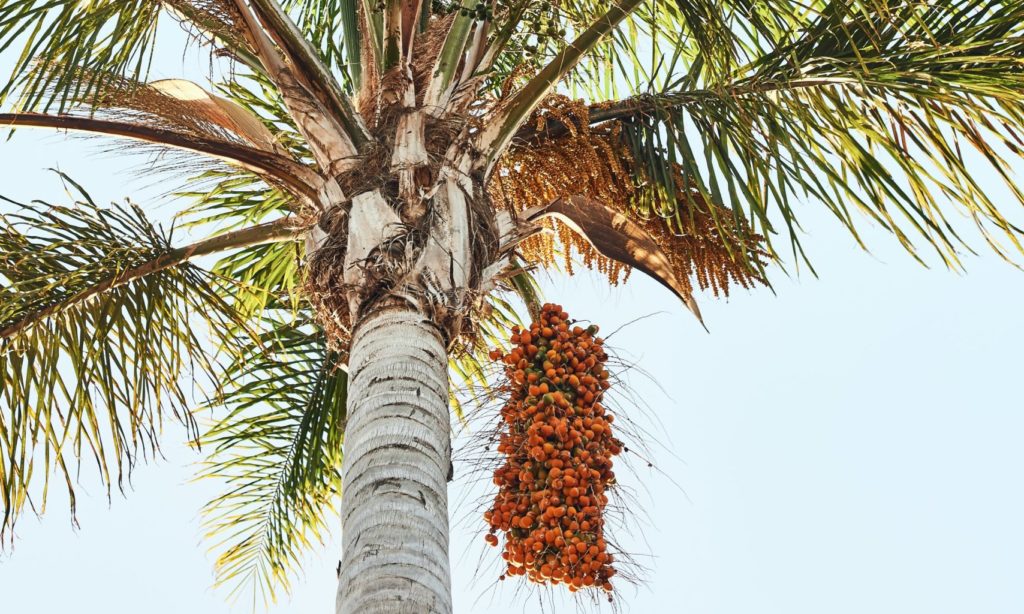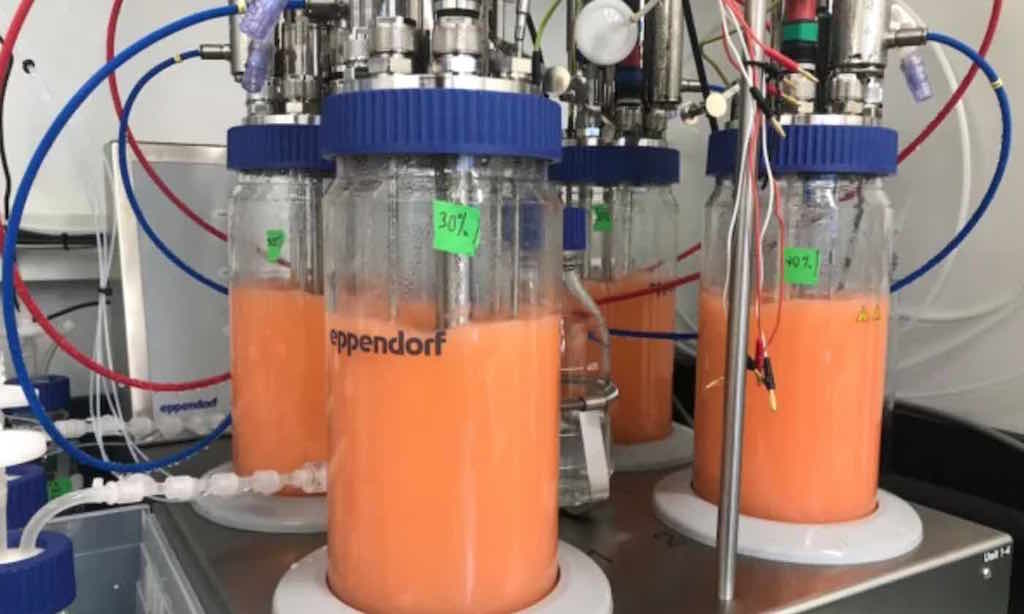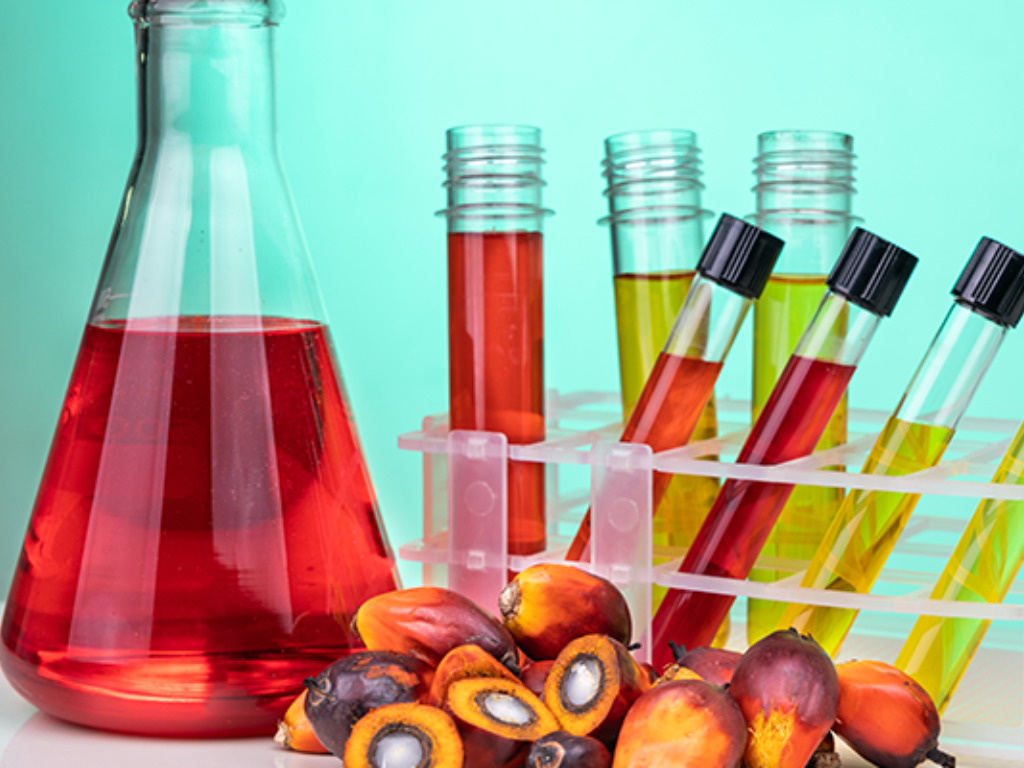4 Mins Read
Unilever has formed a strategic partnership with San Diego-based biotech Genomatica (‘Geno’) to pursue a path to commercialisation for the latter’s microbial fermented alternative to unsustainable palm oil. Unilever anticipates other investors joining the initiative, though its $120 million investment is the only financial commitment confirmed to date. The collaboration is the conglomerate’s largest-ever partnership within the biotech sector.
Geno is already engaged in scaling its production processes. This comes as demand for sustainably sourced palm oil or suitable alternatives is increasing. Geno’s development is so far only suitable for use in personal, home and cleaning products, as it is a surfactant replacement. Unilever intends to use it in its soap and detergent products.

Using palm oil
Unilever has stated that it will not be cutting traditional palm oil from its supply chain entirely. The company has stated that it will remain a vital feedstock for its ingredients and that in and of itself, it is not a troublesome product.
“Palm oil itself is not the problem. It is the most land-efficient vegetable oil and the source of livelihoods for millions of farmers across Indonesia and Malaysia. It is also neutral in taste and smell and provides a smooth and creamy texture that is suitable for manufacturing a wide range of food products, such as bakery and chocolate confectionery products. It also has a natural preservative effect, extending the shelf life of food products,” a spokesperson for Unilever told Ingredients Network.
The spokesperson went on to state that it is the vast expansion of the palm oil industry that has created unsustainable practices and an increase in deforestation. They claim that Unilever is proactive in working with relevant officials to campaign for change. The conglomerate committed to creating a zero-deforestation supply chain by 2023, with palm oil included in the list of crops that would be reevaluated.

Will Unilever clean up its food products as well?
Unilever has been asked if it intends to investigate Geno’s fermentation techniques to create an edible alternative to palm oil, but has, so far, declined to comment. It has been vocal about the desire to futureproof itself against supply chain disruptions and changing consumer mindsets, however.
Unilever’s chief R&D officer, Richard Slater says consumers are beginning to prioritize sustainable options.
“We will be marrying science and nature to make sure there is no trade-off for our consumers between the efficacy and sustainability of their products,” he told Ingredients Network. “We are building this innovative new venture to have the scale to drive real impact and change in our industry, helping to reinvent the chemistry of home and personal care products for the 21st century.”

The other players looking to replace palm oil
Palm oil faces an uncertain future. Already subject to changing consumer opinions, its exports are now in question as well. Indonesia, the world’s largest producer and exporter of palm oil, announced in April that it had placed a stop on the product leaving the domestic market. It came as the Ukraine conflict pushed global food prices up. Indonesia’s president, Joko Widodo took the step to protect his people from being hit by soaring food costs.
More than ever, alternatives to palm oil are being considered essential. In March it was announced that scientists at the Nanyang Technical University (NTU) in Singapore are hoping to replace palm oil with a microalgae substitute. The new oil is claimed to offer health and sustainability benefits, including lowering cholesterol and being made from regenerative algae varieties. Unlike Geno’s fermented alternative, it has been deemed suitable for edible applications.
New York’s C16 Biosciences is creating lab-grown oil that is almost chemically and functionally identical to conventional palm oil. The startup closed a $20 million Series A funding round in 2020, which saw Bill Gates participate, with the investment earmarked for moving towards commercial scaling.
Lead photo by Genomatica.





